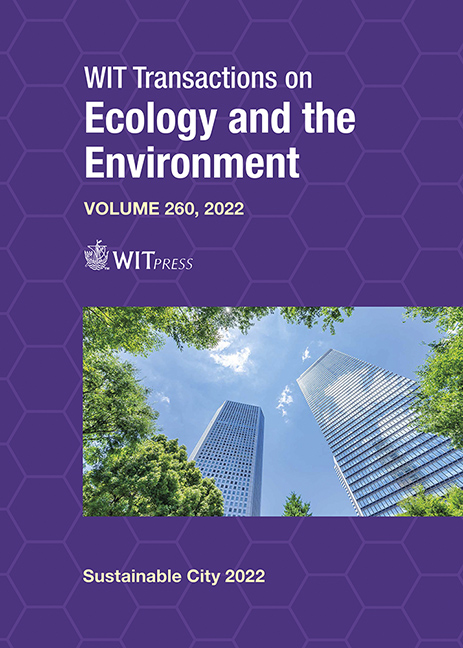OPTIMISING STAKEHOLDER COOPERATION IN INFRASTRUCTURE DEVELOPMENT
Price
Free (open access)
Transaction
Volume
260
Pages
7
Page Range
113 - 119
Published
2022
Paper DOI
10.2495/SC220101
Copyright
Author(s)
JEREMIAH MUTAMBA
Abstract
Built projects are levers that drive economic growth. Correspondingly, with the economy under pressure, the need for infrastructure investment in South Africa is more apparent now. Provision of infrastructure has been considered the responsibility of government, with projects often financed by the government, from local to national level and constructed by private contractors – an arm’s length relationship. Performance of these projects has been suboptimal. For a long time, the sector has witnessed an increase in the promotion of more cooperation between the public and private sectors in infrastructure development and operation. Public–private partnerships (PPPs) provide alternative ways to involve private sector in more meaningful ways in public infrastructure delivery. PPPs are not only a financing tool in government investment, but an effective project management approach that public and private sectors could employ in developing infrastructure, jointly sharing risks, costs, and resources. However, despite known PPP benefits, there is limited cooperation between the public and the private sector. There remain some reservations with the private sector on how South Africa will fair under the current leadership – leading to the private sector being shy to invest and openly collaborate with government. Partnership arrangements at strategic level are still difficult, failing to instil confidence at a tactical level where projects are controlled. The private sector needs stability in order to feel confident about investing and joining forces with public sector. This paper looks at innovative approaches to improve cooperative partnerships in public infrastructure development.
Keywords
infrastructure, private sector, South Africa, stakeholder cooperation





